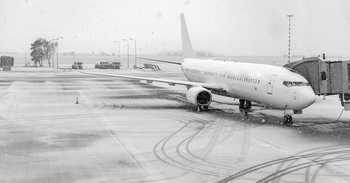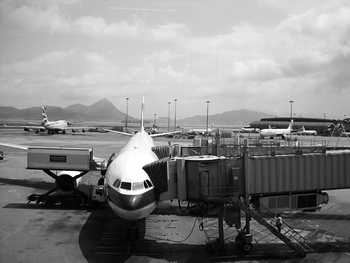New travel and trade rules between the U.S. and Cuba are to take effect on January 16, 2015, according to U.S. officials. The decrease in trade restrictions will include allowing U.S. citizens to use credit cards in Cuba, and U.S. businesses to export some technologies.
U.S. firms will also find it easier to export mobile phones and software to Cuba, as well as provide internet services there. Cuba currently has one of the lowest internet access rates in the world - estimated at about 5% by the U.S. State Department.
Americans will be able to take home up to USD 100 (EUR 86) in alcohol and tobacco from Cuba. According to some U.S. officials, it means the long-standing ban on Cuban cigars is over. The move is the first in a series of initiatives to re-establish ties severed since 1961.
However, although the latest measures may ease the U.S. trade embargo against Cuba, only Congress can lift it completely. “Today’s announcement takes us one step closer to replacing out-of-date policies that were not working and puts in place a policy that helps promote political and economic freedom for the Cuban people, ” said U.S. Treasury Secretary Jacob Lew in a statement.
Analyst comment:
Pinkerton assesses this is likely to be the initial move in the U.S. normalizing trade and economic relations with Cuba. While the U.S. still bans travel to Cuba for tourism, the new regulations will allow U.S. citizens to travel to Cuba for any of a dozen specific reasons without first obtaining a special permit from the State Department.
Pinkerton advises clients to be extremely cautious should they travel to Cuba to export/import certain technologies, as U.S. citizens have been subject to lengthy detentions in the past. Clients should check for any legal restrictions on carrying certain technologies including MiFi/WiFi devices prior to entering Cuba, and consult with the U.S. State Department for updated information.





